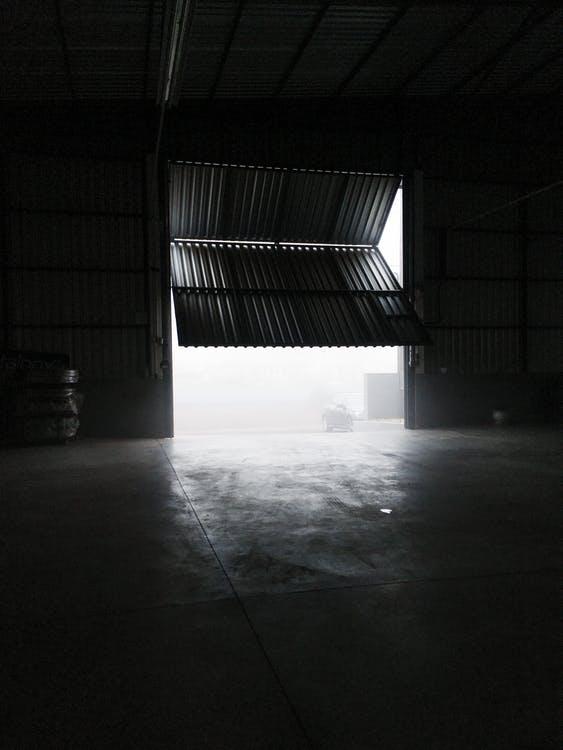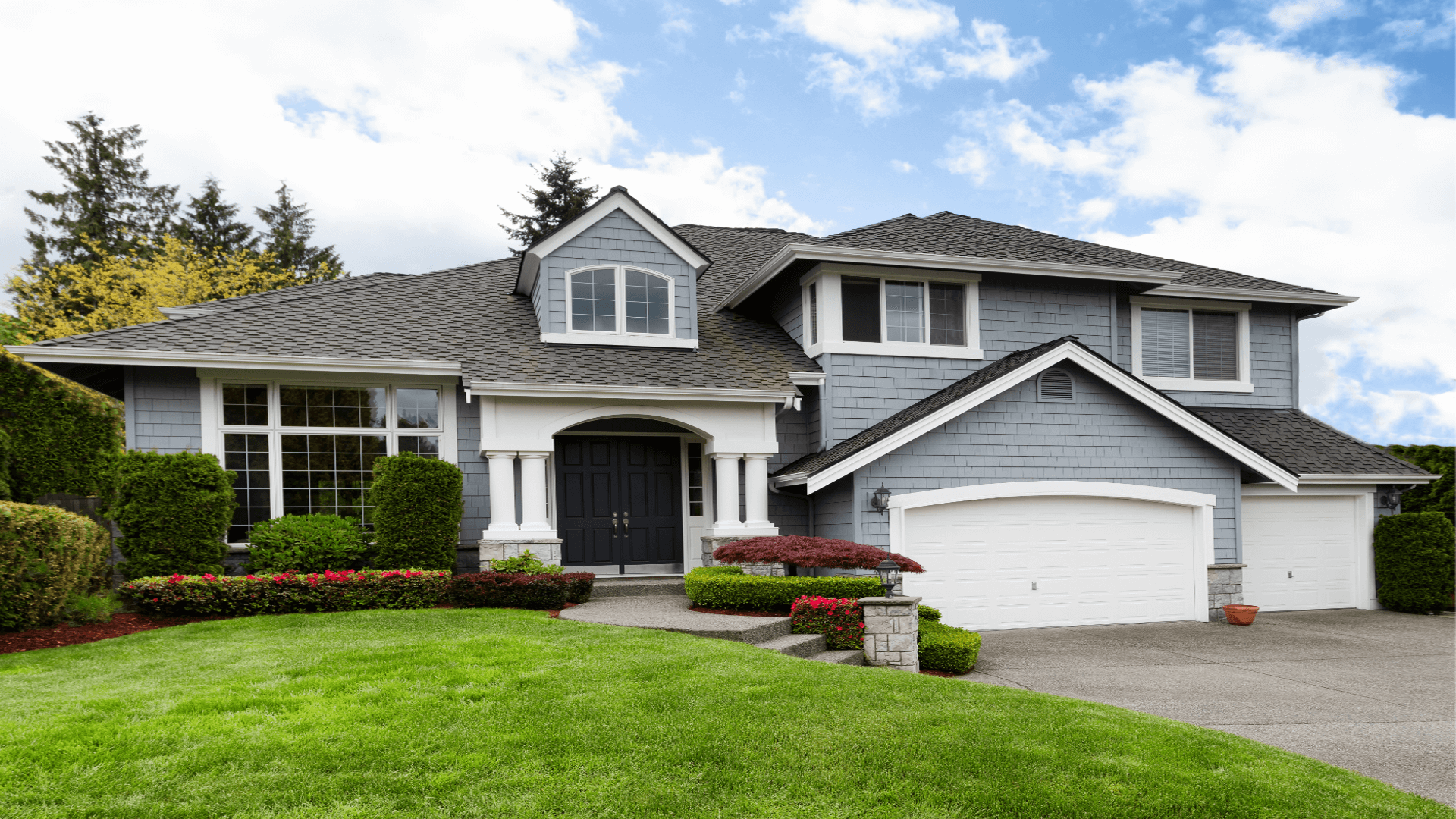Garage Door Roller Repair in Houston TX
Garage Door Roller Repair
Garage doors serve a great many purposes for your home, such as contributing to its aesthetic looks, keeping out burglars, and much more! These large home appliances may look simple to the layman’s eye. However, behind the curtain are a combination of intricate parts working in synchrony to allow the garage to function the way it does – conveniently.
Among these many parts are garage door rollers – elements that are more often than not, overlooked and therefore go unattended. That is until, of course, they malfunction or just stop working altogether. Rollers are one of the most crucial parts of the entire system you refer to as a garage door. Therefore, if you suspect that your rollers are not working the way they should, immediately seek out the help of a garage door roller repair service and get your rollers attended to.
Much thought and consideration go into repairing, replacing, or installing garage door rollers. You need to diagnose the root of the problem and factor in what material the rollers are made of before you begin working on them. This is why you need a professional garage door roller repair service to handle the matter rather than making it another one of your DIY projects.
Best Garage Door Repair provides complete garage door-related services, including repairing your garage door rollers. So call now on (713) 352-1174 and get your rollers fixed!
What Are Garage Door Rollers?
Garage door rollers are small circular wheels that are set within the garage door tracks. The rollers spin like wheels on a car allowing the garage door to open and close smoothly. The number of rollers varies according to the size of the garage door. Generally, most seven to eight-foot garage doors have ten to twelve rollers installed in their tracks.
In older garage door models, the rollers that the doors came equipped with were very low quality and needed repairs or replacement not too long after the installation. So if you have an old garage door, you should get the assistance of a garage door roller repair service and get your rollers inspected.
Types of Garage Door Rollers
Garage door rollers can be classified into different categories according to the material they are made of. Following are the different types of rollers that you will normally find installed in garage door tracks:
Steel Rollers
Initially, most garage doors were equipped with steel rollers. Each roller had around eight ball bearings molded into its body. The problem with these rollers was that the metal encompassing the bearings creeped out of shape over time due to the continuous stress of the garage door.
The result was that the roller would start leaning out of their upright position, this caused a drag force on the rollers, and the problem ended with either the bearings falling out or the roller breaking off. The simplest way to check whether the rollers had worn out or not was to wiggle the rollers while they were in their tracks and note how much movement they made.
Another way you could tell if your rollers needed repair or replacement is through the noise of your garage doors. Loose and misaligned rollers would produce a noise similar to that of a train moving on its tracks.
Plastic Rollers
As garage door technology progressed, plastic rollers were soon introduced. These were designed as plastic wheels connected to a steel shaft at their center. The unique thing about these rollers was that they had no bearings and were marketed as self-lubricating rollers that required no maintenance.
However, this was false marketing, and the rollers had to be oiled somewhere between two to three times per year, else they would become too dry, and your garage door would begin to lag and slow down.
Steel Rollers With Nylon Tires
These rollers were made out of steel with ten to thirteen ball bearings per roller. This time, the steel used was creep-resistant, and therefore, the wheels lasted longer. The nylon tires help the rollers turn smoothly without producing much noise.
Causes of Roller Problems
Several factors can cause your rollers to malfunction; the most common ones are as follows:
- Poor lubrication.
- Dented or loose tracks.
- Dirt and grime accumulation in the grease.
- Rollers have outlived their lifespan and have worn out over time.
Poor Lubrication
Dented or Loose Tracks
Dirt and Grime Accumulation in the Grease
Rollers Have Outlived Their Lifespan and Have Worn Out Over Time
Get in Touch Now!
Frequently Asked Questions
Are all garage door rollers the same size?
No. Garage door rollers come in various sizes based on the door. Manufacturers pack new garage doors with the respective rollers, so you never have to worry about finding the right rollers separately.
What oil should I use to lubricate my garage door rollers?
You should not use oil or degreasers to lubricate your garage doors. These materials eventually gunk up your door’s track, causing inefficient operation and eventually blockages.
Instead of oil, use a lithium-based lubricant. Our recommendation is WD-40 White Lithium Grease.
How to lubricate garage door rollers?
First, find a quality roller lubricant. Avoid oil-based or degreaser lubricants, such as WD-40. These applications will gunk up and cause the garage door rollers to get stuck. Instead, you want to use a lithium-based applicant or a lubricant specifically made for garage door rollers. Our suggestion is to use WD-40 White Lithium Protective Grease.
Next, make sure your garage door is closed, and the opener is unplugged to prevent an accident. Then, locate the garage door rollers on the outside of the track. Apply the lubricant to any exposed ball bearing and wipe away excess. Following this step, move to the inside of the track and apply the lubricant to the rollers themselves. Make sure to wipe off any excess.
Finally, you can plug your opener back in and test the door.


